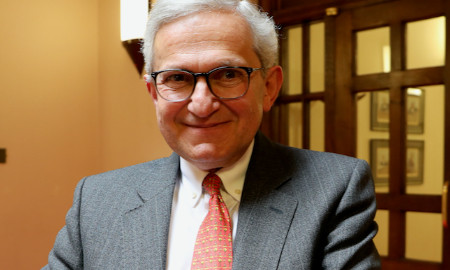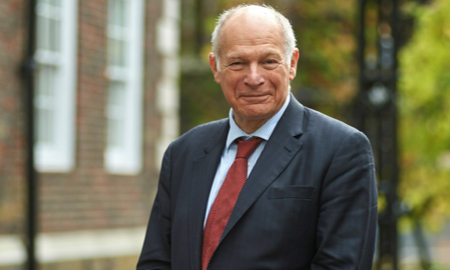Sign up for our free daily newsletter
YOUR PRIVACY - PLEASE READ CAREFULLY DATA PROTECTION STATEMENT
Below we explain how we will communicate with you. We set out how we use your data in our Privacy Policy.
Global City Media, and its associated brands will use the lawful basis of legitimate interests to use
the
contact details you have supplied to contact you regarding our publications, events, training,
reader
research, and other relevant information. We will always give you the option to opt out of our
marketing.
By clicking submit, you confirm that you understand and accept the Terms & Conditions and Privacy Policy
A Court of Appeal ruling giving judges the green light to order parties into mediation if they see fit has been welcomed by leading alternative dispute resolution (ADR) bodies.
Yesterday’s judgment in Churchill v Merthyr Tydfil County Borough Council has been described variously as firmly embedding mediation within the civil justice system and heralding a “new era of positive change”.
The Civil Mediation Council (CMC), the Chartered Institute of Arbitrators (CIArb) and the Centre of Effective Dispute Resolution (CEDR) intervened in the case in a bid to overturn a 20-year precedent in Halsey v Milton Keynes General NHS Trust, which had held that compulsory mediation potentially breached the right to a fair trial.
The Master of the Rolls, Sir Geoffrey Vos, held in Churchill that the Halsey ruling was not binding on the lower courts.
He ruled: “Courts can lawfully stay proceedings for, or order, the parties to engage in a non-court-based dispute resolution process provided that the order made did not impair the very essence of the claimant’s right to proceed to a judicial hearing, and was proportionate to achieving the legitimate aim of settling the dispute fairly, quickly and at reasonable cost.”
Rebecca Clark, chair of the CMC, said the court had expressly acknowledged the benefits of mediation for parties who want to resolve their differences cheaply and quickly, adding that “mediation is now where it should be – firmly embedded within the civil justice system”.
CIArb chief executive Catherine Dixon said the judgment ensured that private dispute resolution would remain integral to an effective justice system, while James South, chief executive of CEDR, said the ruling would lead to a “new era of positive change”.
He added: “When justice is looked at from the perspective of the disputants, they want their dispute resolved cost-effectively and fairly, ensuring they have the opportunity to be heard, and that resolution meets their commercial and personal needs.”
There was also an endorsement for the ruling from the Bar Council and the Law Society, which both intervened in the case. Bar Council chair Nick Vineall KC said the court’s findings supported its submissions.
He added: “ADR in general, and mediation in particular, are powerful tools for resolving disputes and can save parties time, cost and stress. However, whether or not it is appropriate to compel unwilling parties to use ADR techniques will be highly fact-specific.”
Law Society president Nick Emmerson said the judgment had made clear the parameters governing ADR for litigants before proceeding with a civil claim.
While the society believed ADR was usually in their best interests, [it] “has always had real reservations about a blanket rule making any form of such process mandatory”, he said, adding that the court had reflected this position in its ruling.
Stewarts commercial litigation partner Elaina Bailes, who acted pro bono for the ADR interveners, said the Halsey decision had “become increasingly criticised within the legal community”.
Bailes, who was commenting on behalf of the London Solicitors Litigation Association, added: “[Churchill] sets the tone in an even stronger way to current procedural rules that encourage ADR, and lawyers will need to factor this into their advice to clients regarding settlement options.”
From a City perspective, Herbert Smith Freehills partner Alex Oddy said that, in rejecting a one-size-fits-all approach, the court had recognised concerns shared by the Civil Justice Council, which recently said attempts to mandate mediation could be counterproductive in complex commercial litigation.
“No doubt judges in such cases will take into account the nature of the dispute and the sophistication of parties in determining whether it is appropriate to compel the parties to mediate or whether they should be allowed the flexibility to determine for themselves when the time is right,” Oddy said.
Email your news and story ideas to: [email protected]











